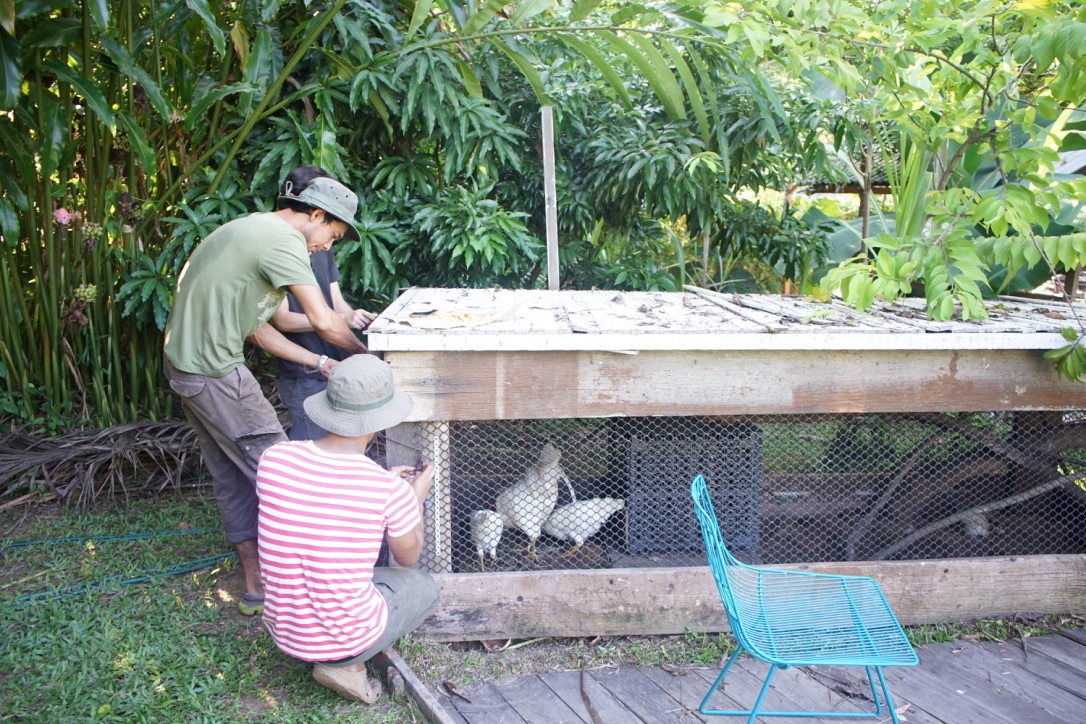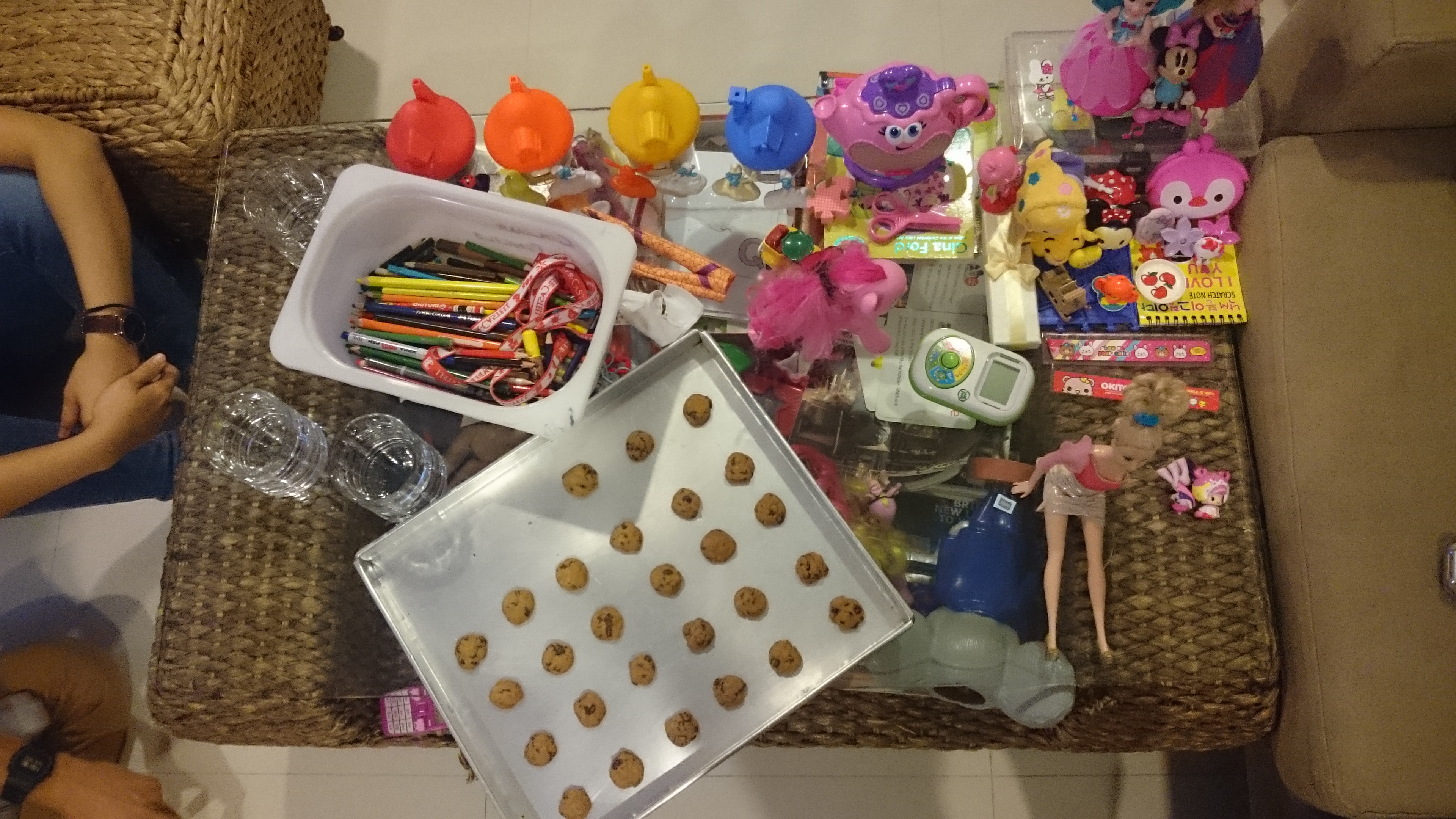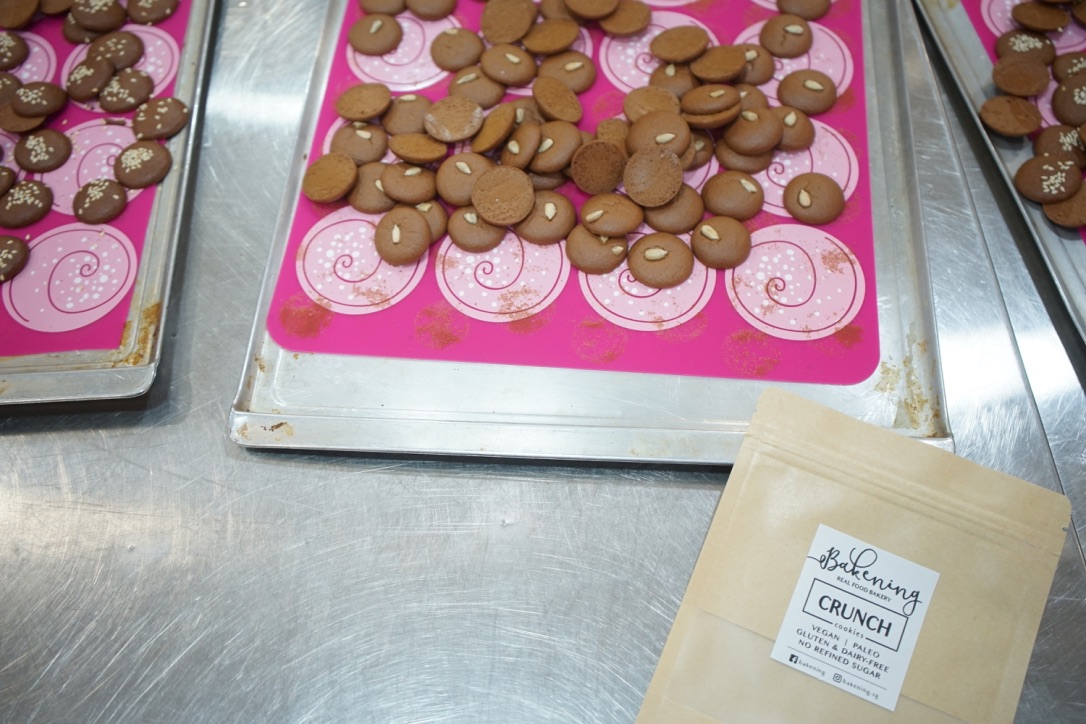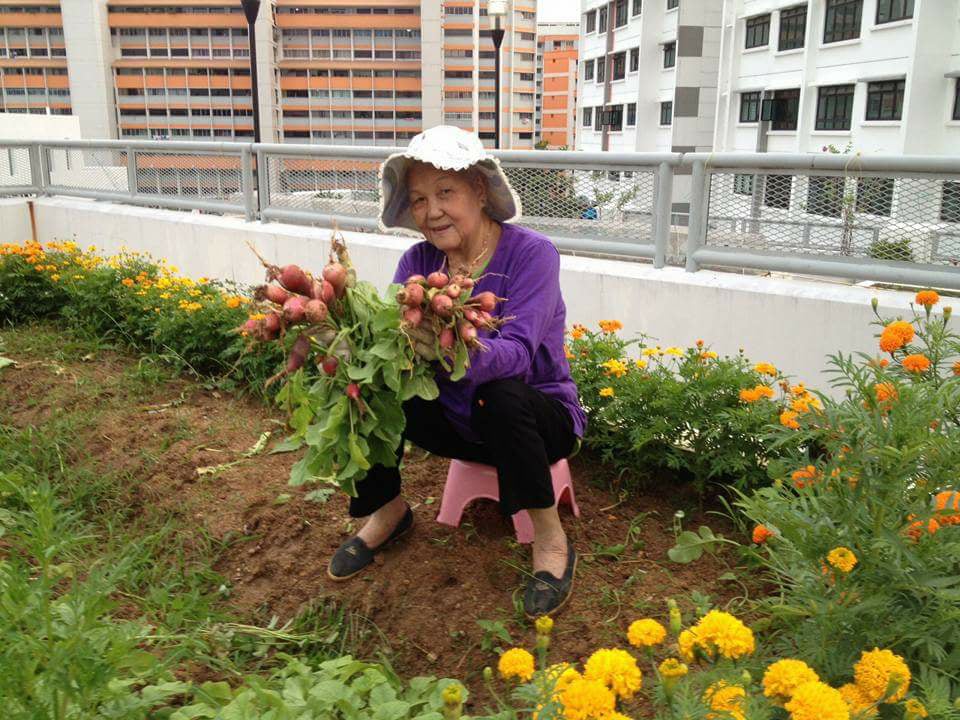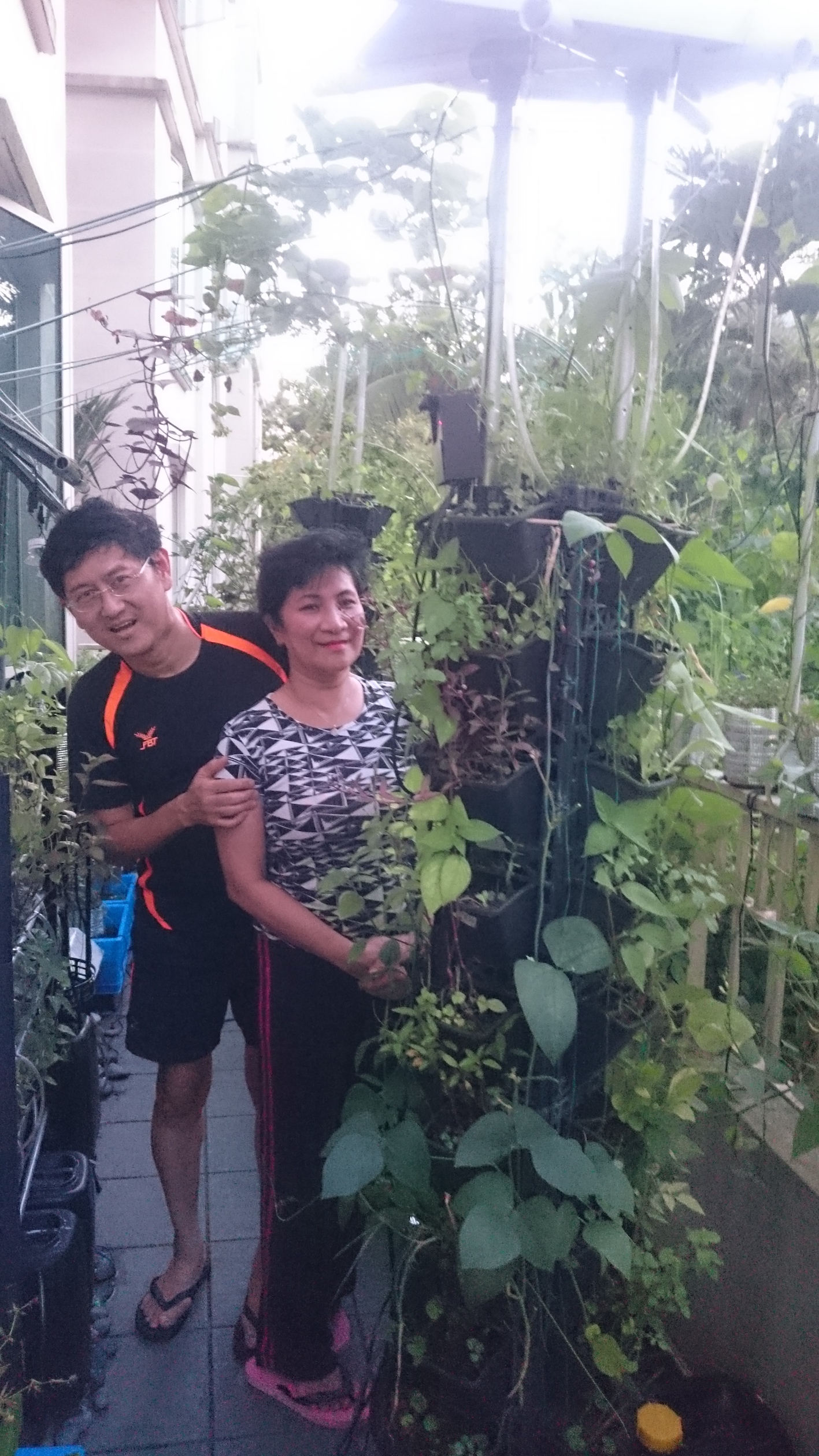Thank You Food Sharers of Singapore!
Published by Monika Rut on the 15th November 2017.
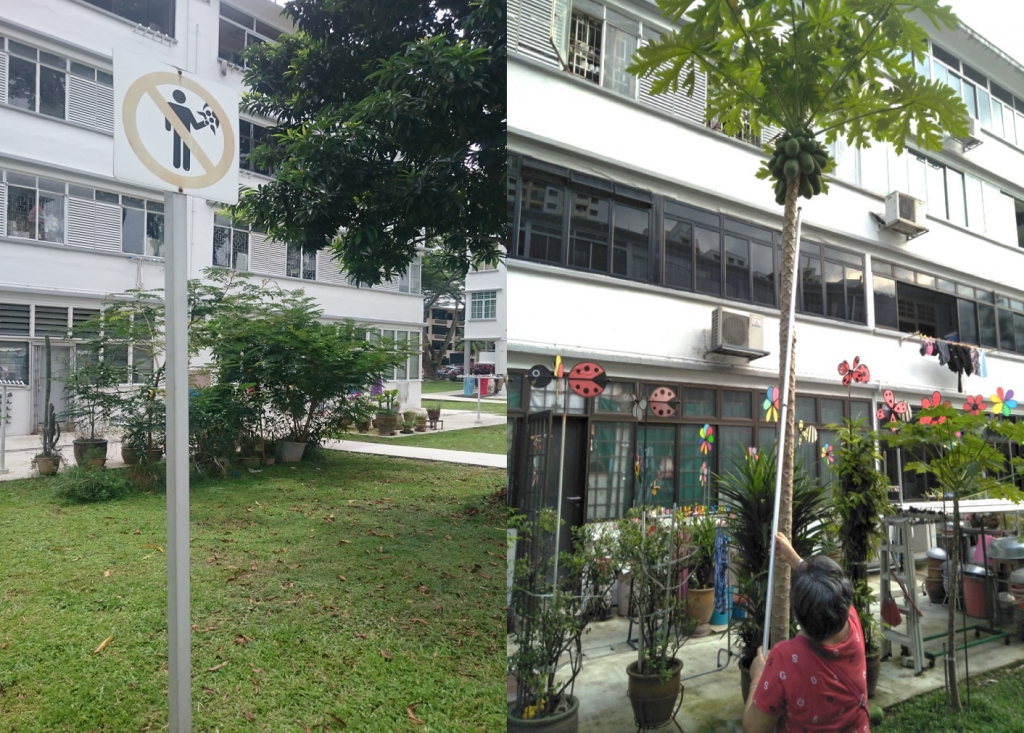
Food sharing in Singapore is taking its first steps forward! Learning by doing and learning from each other, a food sharing movement is being built up which is a social and environmental step forward for all, gaining more and more attention from the government, established businesses, and the mainstream media. Spending my summer in Singapore, I was able to meet some of Singapore’s main advocates for food sharing and spend time with a unique set of individuals who believe that growing locally, eating healthy, and saving food from waste should not only be technology-smart, but also people-smart and culturally relevant.
As part of my research approach I wanted to get close to Singapore, so I volunteered with organizations that are involved in a wide range of activities related to food sharing including social agricultural projects, food rescue, food redistribution, home-cooking, and meal sharing. It was an amazing opportunity and those who took me in generously shared their time, their knowledge, and their experiences. Valuable skills were imparted by a mix of enthusiasts, practitioners, professionals and activists, which not only helped me to understand how food systems in Singapore could be made more sustainable, but to apply this knowledge elsewhere.
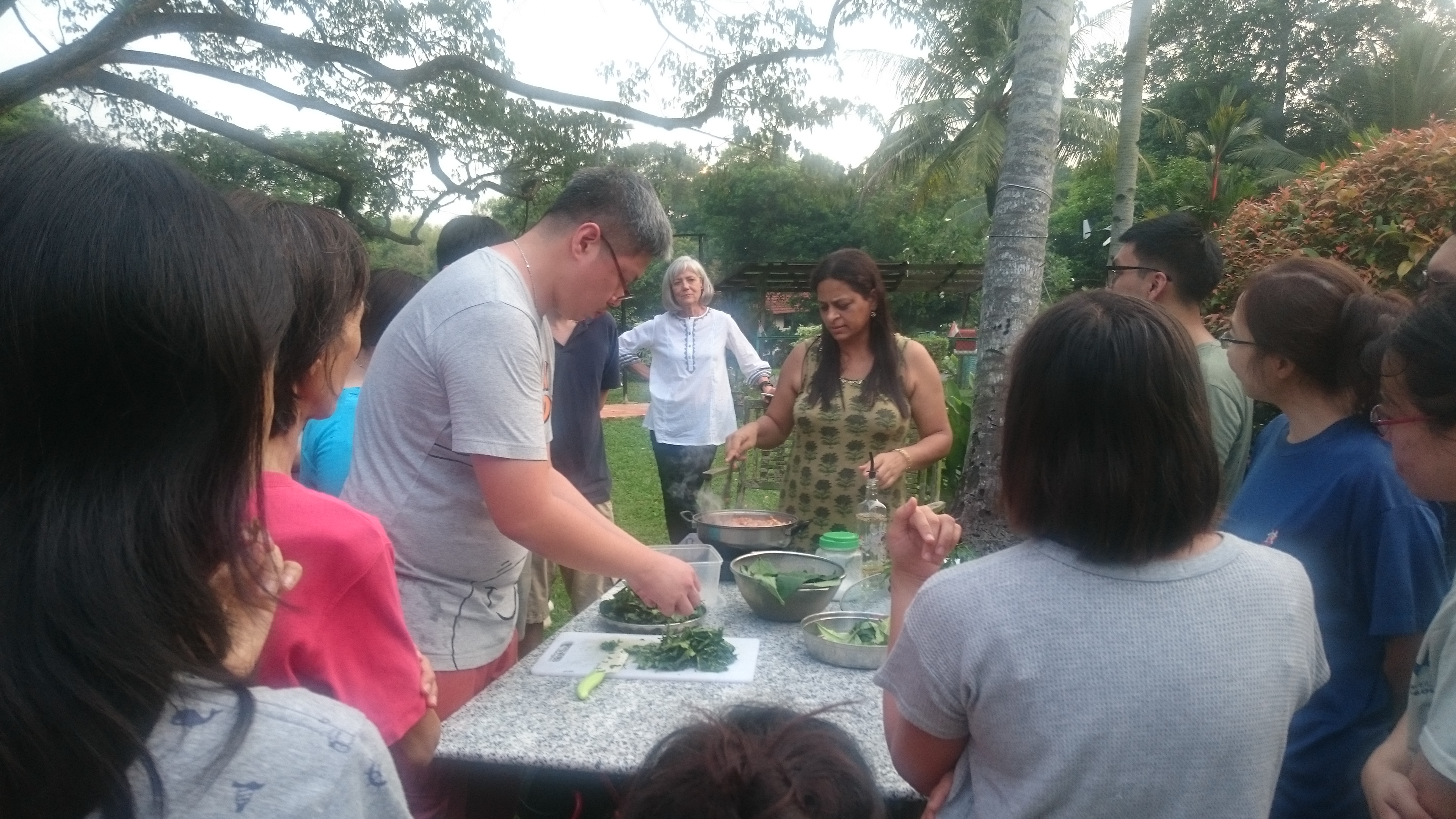
Photo1: Potluck organized by Foodscape Collective
It was really interesting to witness how food sharing practices in Singapore could bring together people who share a common interest in social economy, social sustainability, environment, and cultural heritage, and to see these topics combined in discussion and practice. Whether it was digging in the soil, harvesting micro-greens, transporting surplus foods, sharing home-cooked meals, chatting at potlucks, or exchanging seeds and plants at swaps, ideas emerged, plans were forged, and beliefs were shared. For example, despite the land-scarce narrative of Singapore, there was a general agreement amongst us that there is enough space to grow food locally, and with the right strategies behind it, it might be possible to change the present consumer’s food commodity-driven mind-set.
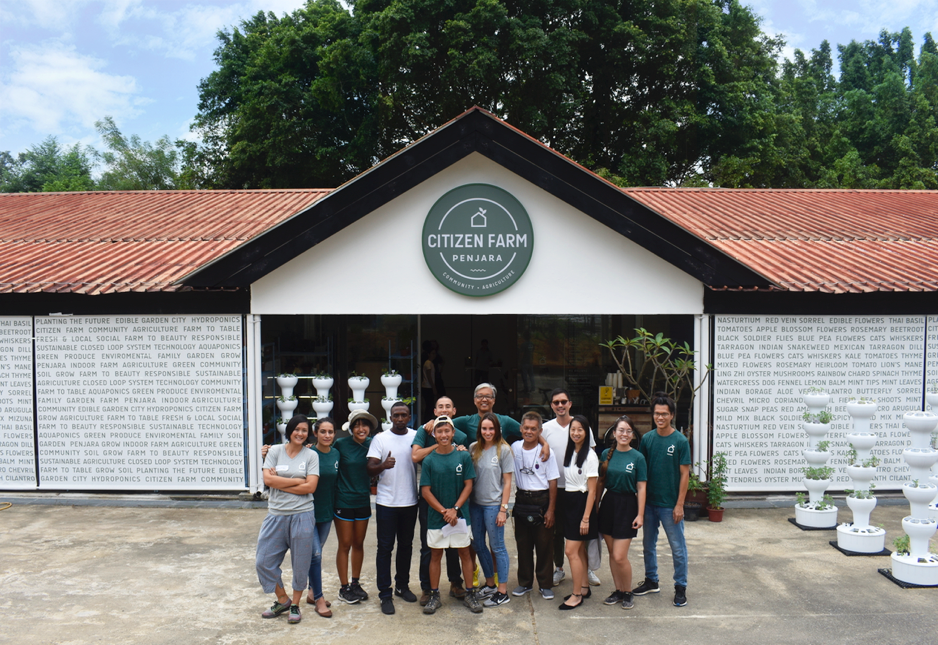
Photo 2: Citizen Farm Penjara Team
Some experiences were particularly important to me and convinced me of the importance of the work being done in Singapore. During my first visit to Citizen Farm in Penjara I was impressed to see a handful of urban farmers sharing space, resources, knowledge and skills, and by doing so make a true contribution to building a closed-loop farming system that would enhance Singapore’s food security.
While talking to Bjorn Lew, a social entrepreneur and the co-founder of Edible Garden City, I came to understand that creativity is not only important in the arts but in farming as well. I saw how technologies such as aquaponics and hydroponics can be used to build a social model of farming, fostering community and integration by simply moving the paradigm of operation to be more socially inclusive. At Edible Garden City this was evident through the various partnerships and collaborations they formed such as with the Autism Resource Centre.
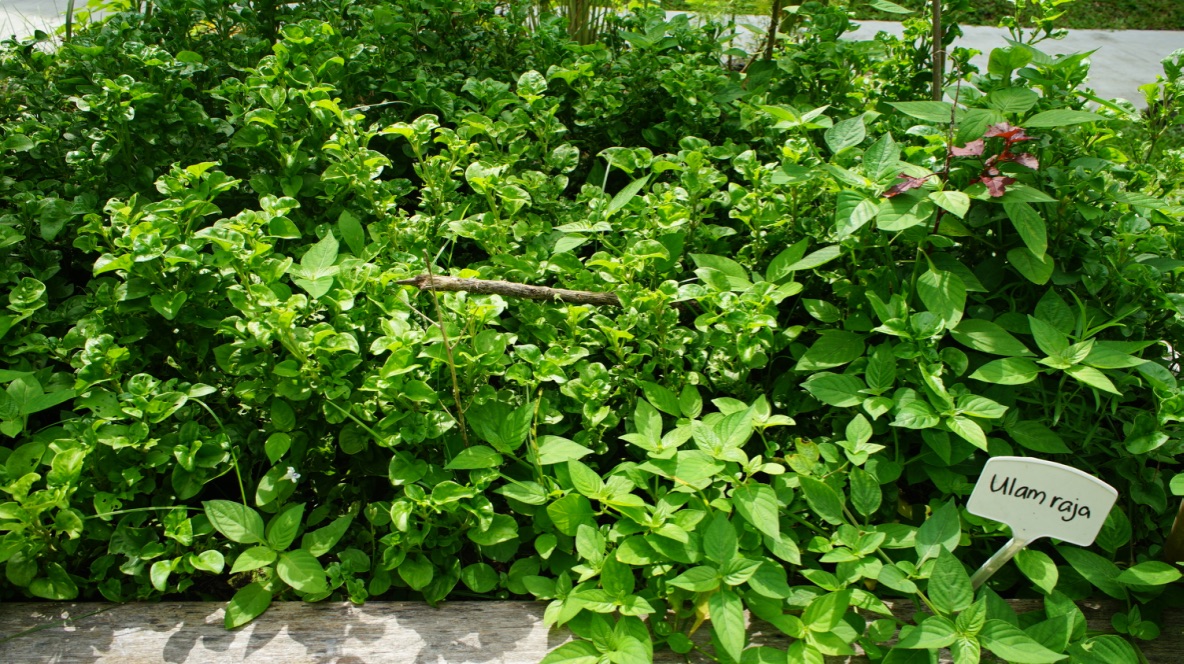
Photo 3: Food Forest in Canossian School
I also explored the permaculture food forests set up in available spaces at schools, restaurants, and the public and private residencies that Edible Garden City run and promote. For example, the Canossian School or the Open Farm Community garden itself are important educational hubs whose activities teach people about the importance of nature through urban farming. So, hats off and a big thank you to Bjorn Low and Edible Garden City for sharing their knowledge not only with me but by offering anyone the opportunity to bring nature a little closer in their lives through growing and harvesting things green in Singapore!
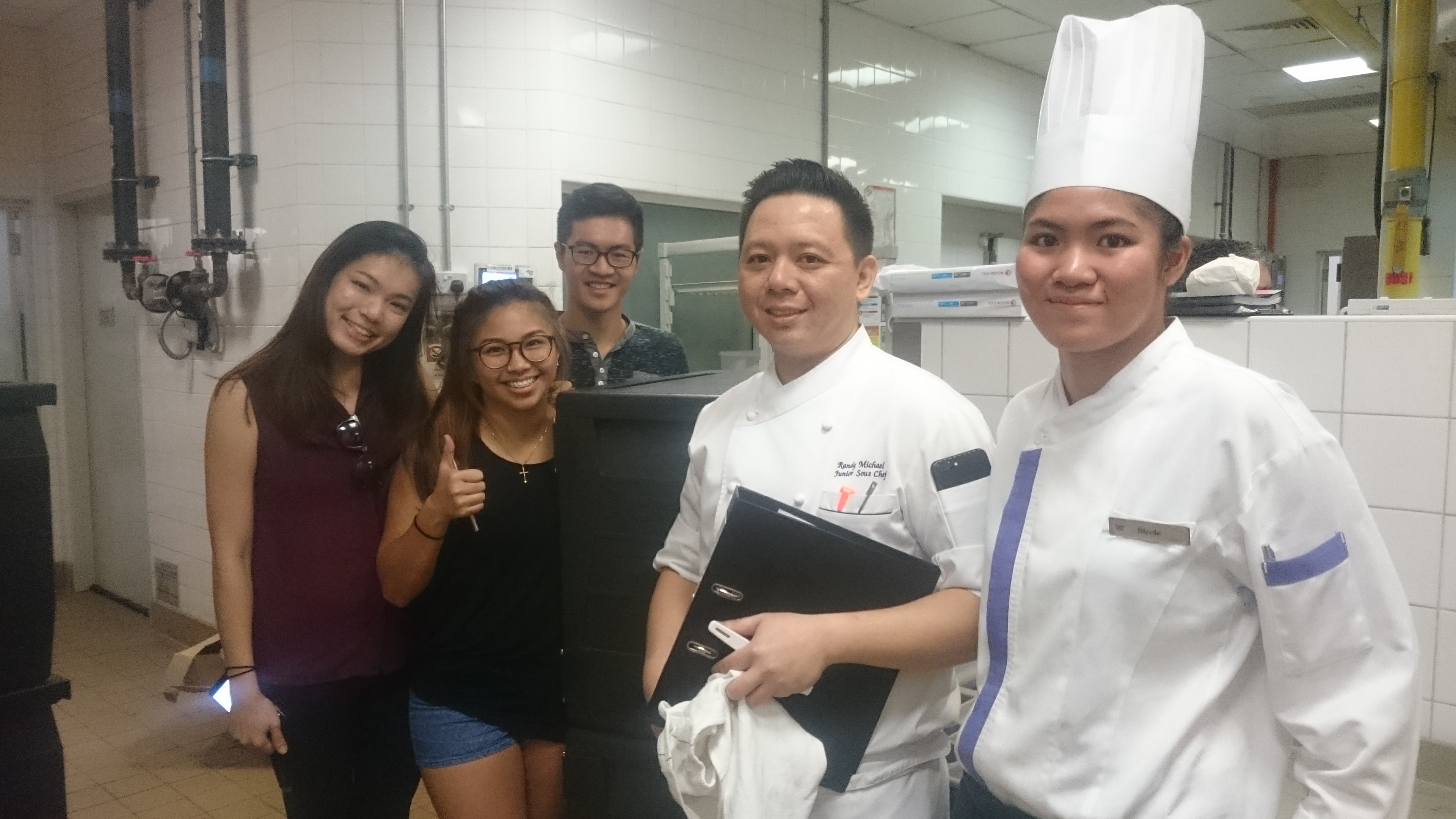
Photo4: Food collection with Food Bank Singapore and Marina Bay Sands
In addition to farming I also volunteered at Food Bank, a charity organisation for the redistribution of excess food. There I spent time collecting surplus food from businesses and successfully redistributing a significant number of healthy food bundles to various other charity organizations that provide care and support for food insecure in Singapore. Here, I would like to thank the associate managers of the Food Bank, Margarita Seah Shun Li and Jessie Tan for integrating me in various Corporate Social Responsibility activities, where they gave me the chance to meet up with beneficiaries and learn first-hand about nutrition and food insecurity amongst Singaporeans. Also, I would like to thank Nichol Ng, the co-founder of the Food Bank for describing the landscape of food waste in Singapore to me and for her great advocacy in building public awareness in Singapore.
As Singapore is known for being a food paradise, I was more than lucky to explore the diversity of local cuisine by using the Share Food App. Through this app for home-chefs, I got to order truly delicious food right from home kitchens in Singapore, and was invited to join some of the home chefs for dinner in their homes, even taking a few precious recipes home with me. It was thrilling to see so many female-entrepreneurs active on the app, like Elizabeth Tang and Junezsa Wati who despite of being full-time moms, they are also exploring home based baking business! In general, meeting young food entrepreneurs such as Chang from Bakening, who not only drew from tradition but were adept at creating new recipes that consider today’s health needs and new consumer tastes in Singapore. Of course, this would have never been possible without app co-founders Pei Weng and William Seow who made it possible for me to meet and get to know some of the unique home chefs and their culinary secrets. Thank you both!
I also visited a slew of community gardens such as Kamisha’s community lush rooftop garden that encourages elderly to participate in farming activities and impressive private gardens such as Ben Thum’s micro-farm with DIY aquaponics and black soldier fly compost flourishing in a space of an apartment balcony. All of this would not be possible without Foodscape Collective and the online Community for Food Sustainability in Singapore who shared with me information and answered endless questions about the social networks that connect us today. Many of my fieldwork days were shared with Ng Huiying, Pui Cuifen and Tan Hang Chong, sharing ideas, sharing skills, sharing food, and becoming friends. Thanks to you, I experienced the real depth of food sharing practices in Singapore.
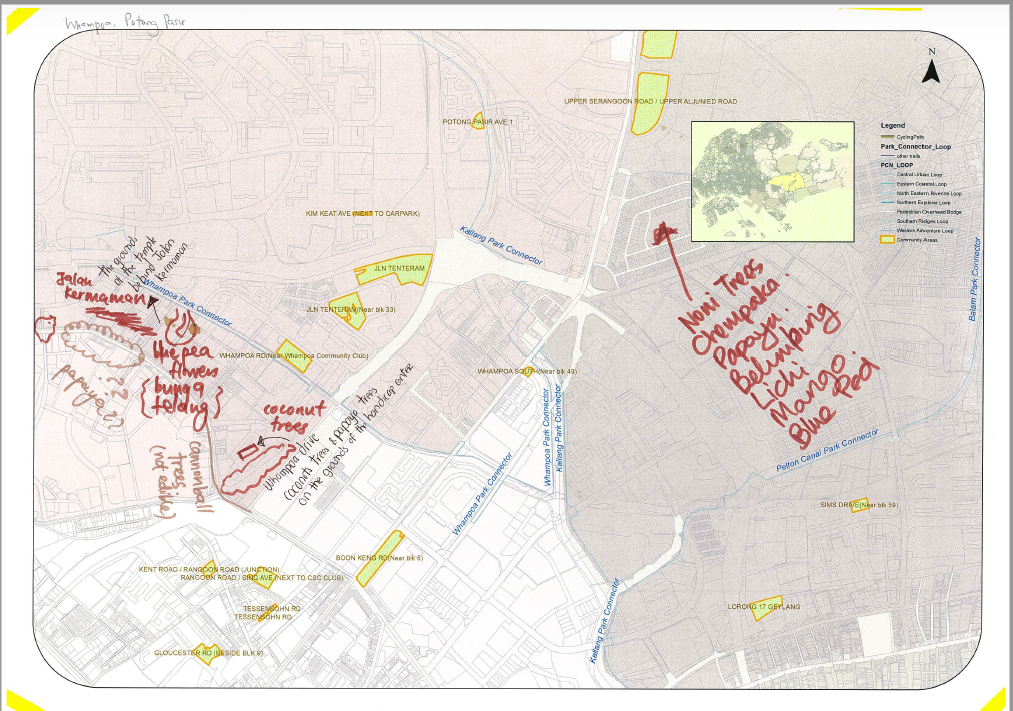
Photo 8: Mapping workshop with Foodscape Collective
Finally, I would like to thank all of the other food sharing initiatives and great people that I came across. Many of them are important members of the food sharing movement and all of them were important for my fieldwork. So, thanks to Naked Greens, Freegans Community of Singapore, Free Food For All, fermentation GutHub, onelessplate and Zero Waste Singapore; thanks to Jennifer Teo, the founder of Post-Museum Singapore and Vinisha Khemani Kanjilal, the founder of Better Breads and Spreads for their supportive and open minds.
Also, I would like to thank Future Cities Laboratory, Singapore ETH Centre for hosting me as a Visiting Scholar during my field studies and for giving me the opportunity to present my research and discuss it amongst other professionals from various fields of knowledge.
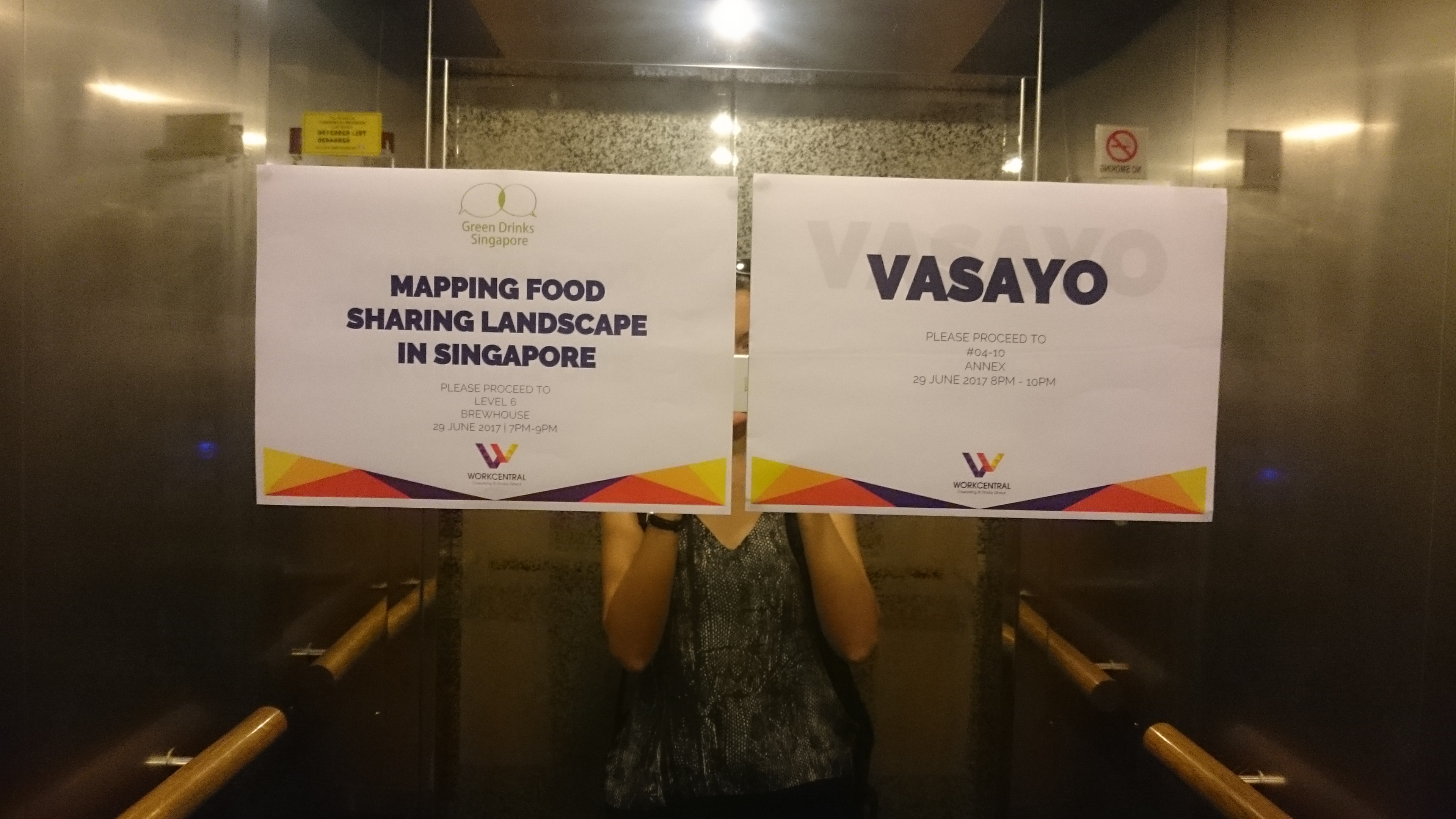
Photo 9: Thank you Green Drinks Singapore!
Monika Rut
© 2015 - 2024 ShareCity | Web Design Agency Webbiz.ie
